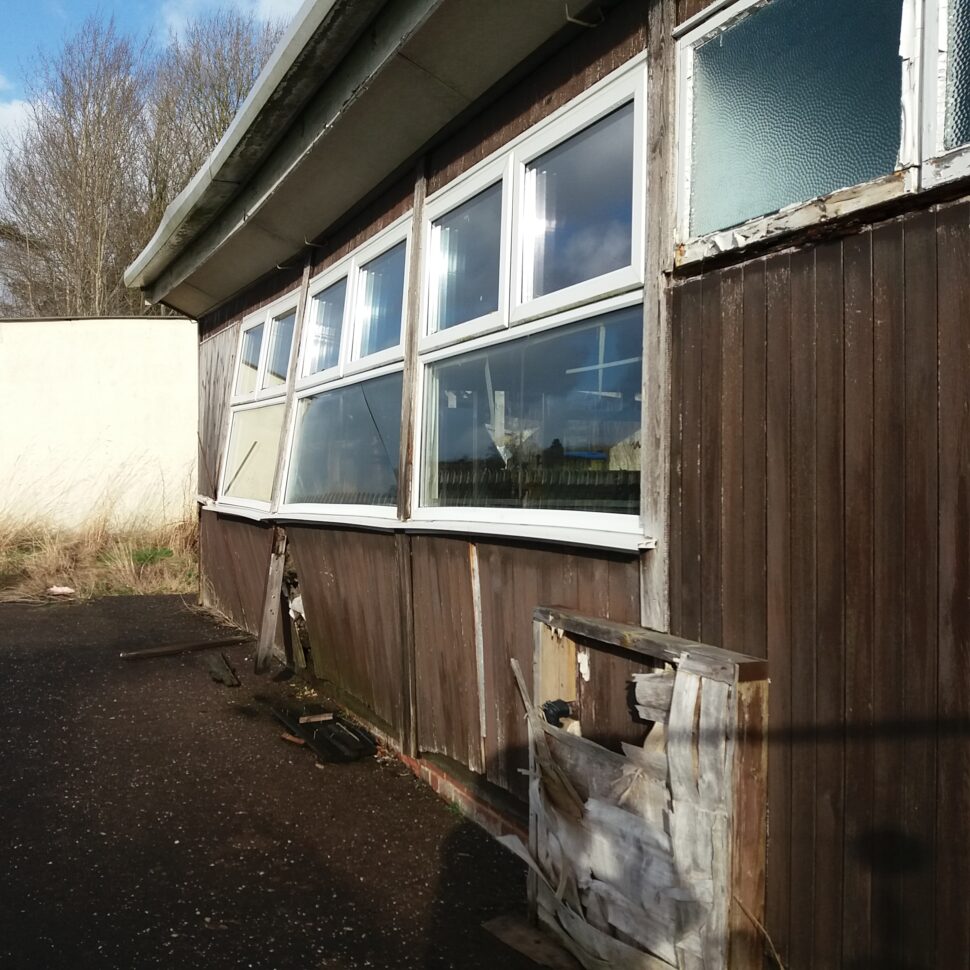Small academy trusts have been denied almost two-thirds of repairs funding over the past five years, leading to accusations of discrimination against rural schools.
Just £2.6 billion of the £7.2 billion requested has been handed out in Condition Improvement Fund (CIF) grants since 2017, according to data obtained by Schools Week. The total includes repeat applications.
Julia Harnden, a funding specialist at the Association of School and College Leaders, said capital access had “inequality baked in”.
CIF grants allow small trusts, sixth-form colleges and some voluntary-aided schools to fund significant repairs, improvements and expansion projects. But they must bid for the cash – and success is not guaranteed.
DfE rejects 1,329 school bids each year
Schools Week used a freedom of information request to ask for data on rejected CIF applications.
Analysis reveals only 51.5 per cent of applicants secured any funding in an average year since 2017. Collectively, winners also secured only 36.4 per cent of the cash requested. Some 1,329 applicants missed out in an average year.

Figures also do not include schools keen for funds, but deterred by low success rates, past rejections or application cycles that Harnden dubbed “complicated and time-consuming”.
By contrast, larger trusts and councils get guaranteed School Condition Allocations (SCA) funding, which they can choose how to invest across their schools.
Our analysis found SCA funding has jumped 435 per cent since 2015, versus a 5 per cent rise for CIF applicants and 12 per cent decline for maintained schools.
A Department for Education spokesperson said both pots followed the same methodology, based on pupil numbers, building conditions and size.
‘Some areas are more equal than others’
But Michael Johnson, the chief executive of the Chulmleigh Academy Trust which runs Lapford Community Primary School in Devon, said the system discriminated against rural schools.
Meeting the 3,000-pupil threshold for SCA funding was easier for trusts in densely populated urban areas, he said.
His school is awaiting news on its latest application, following six failed bids.
“It’s a question of levelling up in a disadvantaged village. Some areas are more equal than others.

“We want to replace an antediluvian hut that wouldn’t be fit for chickens to live in. The roof’s pressing on the bowed walls – some have fallen away. You can push and they move.”
Reception and pre-school pupils share another temporary classroom instead, with year 1 pupils initially with them too.
Clare Willmott, the head of school, said it had been a noisy, “constant battle” as staff taught simultaneously. “It’s heartbreaking their first school experience is a shed.”
Space constraints limited enrolment and even deterred would-be staff, Johnson said.
Protests and support from Tory MP Mel Stride have not yielded results either.
Schools need £11.3 billion of works
Tim Warneford, a CIF consultant, said even his seemingly strongest bid last year failed. “Their 40-year-old boiler may not get through winter, and the primary could close for weeks,” he said.
Yet some larger trusts and councils envy CIF applicants. The DfE spokesperson said CIF funded multimillion-pound projects which “may not be affordable” through SCA.
Andy Walls, a senior policy adviser for the National Association of Head Teachers, said the bigger issue was “not enough capital funding to go round”.
Harnden said the DfE estimated that £11.4 billion of repairs were needed nationally. But the department spokesperson highlighted £11.3 billion of school refurbishments since 2015, and a ten-year rebuilding programme.
Academies urged to report structural concerns
The figures come as the DfE also admitted not knowing how many schools have suffered partial building collapses – and urges academies to report structural concerns.
A ceiling collapse at one London school saw 12 pupils hospitalised in mid-November.
It affected fee-paying Rosemead preparatory school – but government appears concerned about state schools too.
An Education and Skills Funding Agency bulletin sent out weeks later asked about “structural issues”.
The poll, shared with academies, further education providers and council skills teams – rather than all schools – asked about problems which “may cause harm or … closure”. ESFA will then “consider further support”.
Tim Warneford, an academy consultant, said it suggested officials wanted to know more than they had been able to gather in their condition data collection programme, run between 2017 and 2019. He also said his clients had not seen the poll.
Meanwhile, a Schools Week FOI reveals the DfE knows of at least three other partial school collapses in recent years.
But it also confirmed it lacks full data, suggesting real figures could be higher. Councils are not required to report such information, and only incidents involving serious injuries require Health and Safety Executive notification.
















Our school filled out the ESFA form referred to above, detailing the cracking ceiling in our school hall which needs urgent repair at the cost of £30,000. Haven’t heard a peep. 6 weeks and waiting…
The Link Academy Trust is made up of 16 small primary schools, the majority of which are in rural areas and all came into the Trust from the Local Authority in a poor state of repair- they too had little to spend on small rural primaries. We have submitted an average of 8 applications a year, approximately 32 to date and have been successful on 6 occasion. We ‘shop around’ for the most successful companies from the previous year to ensure we use professionals that might be successful.
We have just about 1,300 pupils- so we are only likely to get SCA when we have more that 32 schools! 32 sites in a lottery bidding position is ludicrous- why is a property issue not decided on the size of the combined properties- not pupil numbers? How are we expected to continue to provide the very best educational environment when buildings are in such a poor state?!
Something needs to be done.